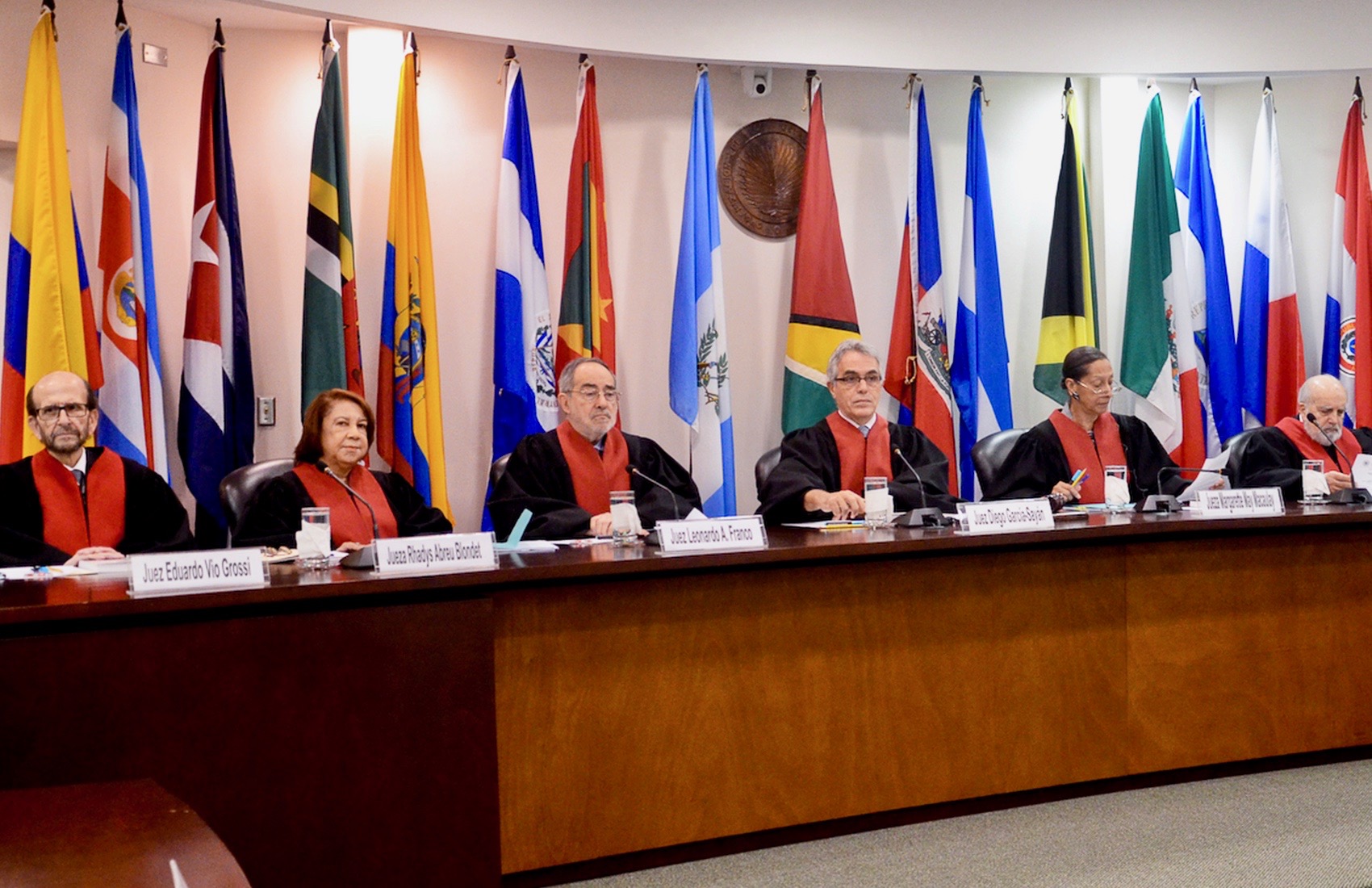For an introduction to the Commission on the Status of Women read here
Uruguay, Sweden, Liechtenstein, and The Gambia sponsored a panel entitled Closing the Gender Gap: Achieving Gender Parity in UN Human Rights Bodies at the United Nations Conference on the Status of Women (CSW), which examined the continuation of historical male domination within international human rights bodies through an intercultural feminist view point. Female inclusion within the UN, as well as other international human rights bodies is crucial because these entities must accurately represent humanity if they are to be considered legitimate and effective. There is a current lack of considering gender as a critical issue when discussing human rights. This creates a problem when analyzing human rights violations such as sexual and gender-based violence, human trafficking, and modern slavery – all of which disproportionately affect women and girls due to global, cultural, and societal norms.
The Gqual Campaign was created to accurately report female representation within international human rights bodies as well as to promote female nominations after they found that, “women are underrepresented in virtually all international bodies for monitoring and developing international law, human rights, and international relations.” In 2015, Gqual conducted a study illuminating the stark lack of female representation in positions of power within international human rights bodies. Women occupied a mere 17% of all positions within regional and international tribunals. For example, within the five international tribunals, only 13 of the 72 judges were female. The lack of women nominated to international tribunals and monitoring bodies stems from historic exclusion of women based on cultural and societal norms.
Traditionally, women are secluded to the private sphere as caregivers, homemakers, domestic workers, etc., while men dominate the public sphere in government, trade, work abroad, etc. affording males the opportunity to exchange ideas, become confident in their abilities, and achieve economic independence. Through the continued enforcement of traditional roles, females are shut out from society and sequestered into ‘female only spaces.’ This practice dampens women’s experience, confidence, and voices, leaving women without the ability or confidence to enter male dominated spaces in order to participate in discussions and decision-making. Without female participation at a local level, there is little hope that women will gain the skills and experience required to sit on international human rights bodies in the future.
[caption id="attachment_2016" align="alignright" width="504"] 2015: the Inter-American Court of Humans Rights, 2 Women 4 Men[/caption]
2015: the Inter-American Court of Humans Rights, 2 Women 4 Men[/caption]
Furthermore, the continued trend of minimal or no female education exacerbates women’s inability to be nominated to international human rights bodies. The International Centre for Integrated Mountain Development (ICIMOD) conducted a study on women living in the rural mountains of Nepal, finding that a lack of formal education for girls resulted in a disproportionate number of women unable to speak the national language. Instead, the majority of mountain women solely spoke local dialects. This phenomenon is replicated in rural communities throughout the world. Lack of female education not only prohibits women from gaining the expertise needed to sit on international human rights bodies, but also bars them from participating in local decision-making meetings held in the national language, further silencing them and excluding them from important discussions.
All international human rights bodies must adopt a gender sensitive participatory approach in order to enhance women’s empowerment and inclusion in decision-making entities. ICIMOD indicates that the enforcement of traditional gender norms silences women, making them uncomfortable and unwilling to participate in male dominated decision-making bodies. The first step to achieve a gender participatory approach in international human rights entities is to create local female groups that allow women to freely discuss ideas and experiences and to propose solutions affording women the opportunity to gain experience in decision-making entities and gain confidence in their abilities. Next, women must be integrated into the existing international human rights bodies with the understanding that women offer unique and valid experiences, viewpoints, and solutions; and therefore must be viewed as equal members.
